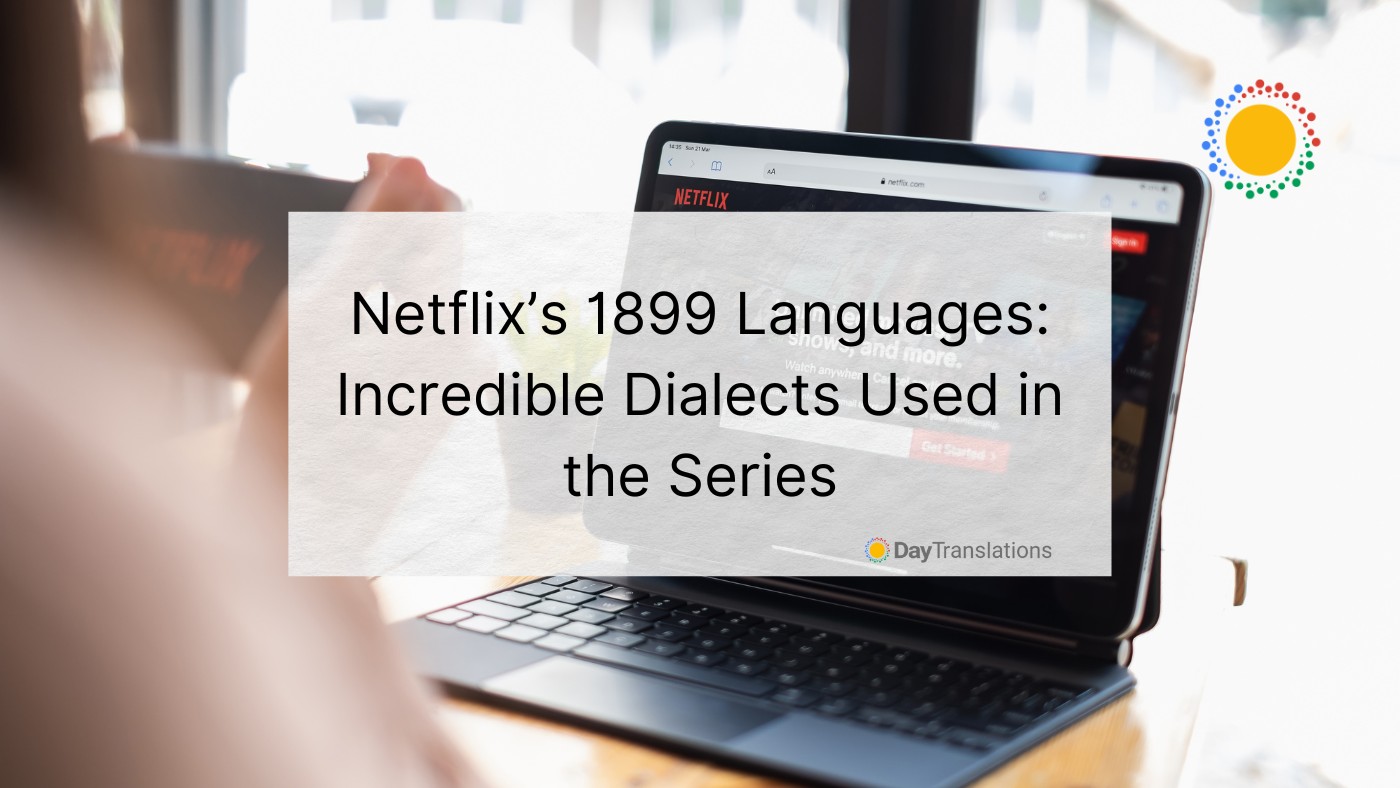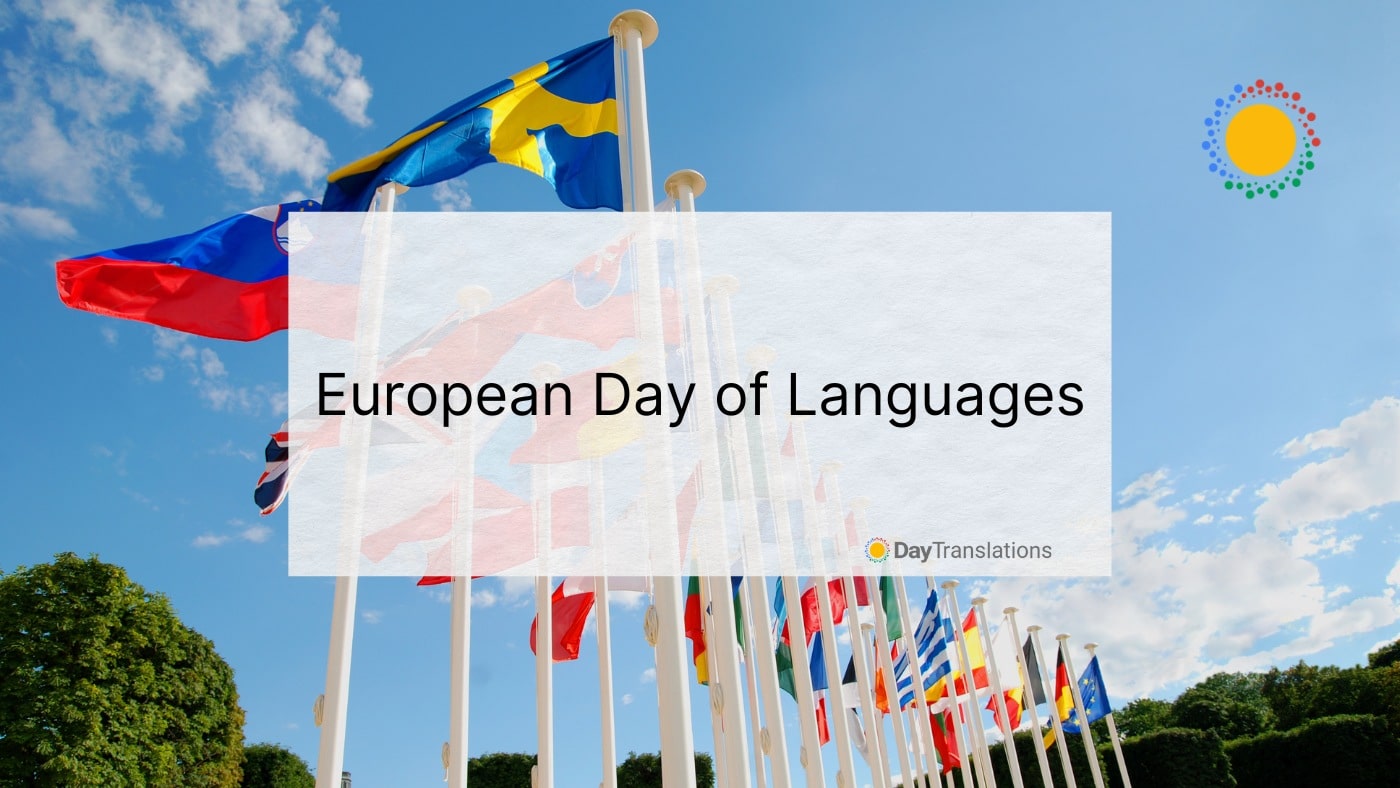Netflix’s 1899 is a unique and captivating series that has recently taken the streaming world by storm. Not only is the series set in an alternate history of Europe, but it also features a diverse range of languages to bring the story to life. 1899 offers an incredible range of languages to explore and experience.
Let’s take a look at the various languages used in the series and how they contribute to the overall story.
Netflix’s 1899 Languages: Dialects and Languages Used
Netflix’s 1899 is an incredible series, featuring characters and stories from a range of different backgrounds, cultures and languages. This ambitious production has made sure to capture this variety in its use of languages, with over 20 different languages featured in the show.
The series includes such languages as:
- German,
- English,
- Polish,
- Spanish,
- Portuguese (from Portugal),
- Hebrew,
- Norwegian,
- French,
- Mandarin
- Romani
By listening to characters speak in their native tongues, the viewer can further connect with the characters on a deeper level and gain a better understanding of their cultures and backgrounds. It also adds an extra layer of authenticity to the show, as these languages would be used by people living in 19th-century Europe.
Overall, the usage of multiple languages has been essential for creating an immersive and rich atmosphere for Netflix’s 1899 series.
Why So Many Languages Were Used for 1899
The production team behind Netflix’s 1899 series had a unique and ambitious goal – to tell a story that spanned across multiple countries, cultures, and languages. To achieve this vision, the team realized they needed to incorporate several different languages into the show.
The idea of using multiple languages was rooted in the desire to create a realistic environment. With characters from different countries, it was essential that they spoke different languages in order to evoke the desired atmosphere. This meant that the production team needed to come up with a way to accurately represent each language and culture within the show.
In order to make this happen, the production team employed the help of language specialists and localization services. They worked closely with linguists and native speakers to ensure that every language used in the show was spoken correctly. The team also made sure to research the history and cultural references associated with each language to ensure that it was portrayed accurately.
Challenges Faced When Creating the Show
The team behind Netflix’s 1899 series faced numerous challenges when creating the show. One of the most significant difficulties was figuring out how to incorporate a multitude of languages into the series. It was important for the production team to create an immersive experience and accurately portray the characters’ cultural backgrounds. They wanted audiences watching foreign language shows to feel like part of the action.
Figuring out how to correctly use all the different languages presented a challenge for the production team. It was important for them to ensure that each language was represented accurately and appropriately. This meant that they had to find people who could speak each language correctly and also make sure they used the right dialects and expressions.
Furthermore, ensuring that the show remained consistent across many different languages was difficult.
Netflix’s 1899 Languages: The Benefits of Multilingualism and Translated Dialogue
Using various languages allowed the production team to portray a more accurate version of history by depicting characters from different cultures speaking their own language. This added a layer of realism to the show, giving it a unique flavor. Additionally, the use of a variety of languages helped create an atmosphere of diversity and authenticity that resonated with viewers.
The production team also benefited from using multiple languages, as they were able to create a larger pool of talent to draw from. By seeking out performers who spoke varied languages, the team was able to cast more people that fit the look and feel of the show. Furthermore, using localization services allowed them to bring in actors from around the world and make sure that their performances were accurately captured in their native language.
How Localization Services Can Help with Movies and Series
Localization services specialize in helping filmmakers and television producers create content that accurately represents different cultures and languages, including those featured in the 1899 series. By working with localization services, production teams have access to a team of language experts who are experienced in both regional and international dialects. This ensures that the language and culture depicted in a series or movie is as accurate as possible.
In addition, localization services can help filmmakers with cultural accuracy and accessibility. For example, by localizing a movie or series for a specific region, the story can be tailored to the local customs and practices, allowing for more engaging and culturally relevant content. Furthermore, through localization, production teams can also make their content accessible to global audiences.
In conclusion, Day Translations Localization Services are an invaluable asset for production teams looking to create content that authentically portrays different cultures and languages, such as those featured in the 1899 series. Not only does this ensure that the material is more accurate, but it also allows for greater accessibility to global audiences. As such, it is highly recommended that any production team considering creating content featuring multiple languages use localization services.














Sorry, the comment form is closed at this time.